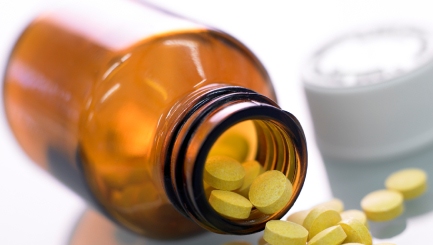
The news is a worrying development for the medical profession worldwide – the World Health Organisation (WHO) suggests that more than 100 million people are infected with gonorrhoea every single year, making it the second most common STI.
So far, the UK, France, Australia, Japan, Sweden and Norway have reported cases where gonorrhoea has proved resistant to antibiotic treatment.
The WHO is now calling for more research into alternative therapies for gonorrhoea. And through its Global Action Plan, the health agency also wants better preventative measures, quicker diagnosis and better control of gonorrhoea infections.
Gonorrhoea was once known as “the clap” and is an STI caused by the neisseria gonorrhoeae bacteria. It is passed through unprotected sex and a pregnant woman can also pass the infection on to her unborn child.
Typical symptoms of gonorrhoea include an unusual discharge from the penis or vagina, pain when urinating, and bleeding between periods for women. Some people who have the infection don’t have any symptoms.
The earlier the infection is diagnosed and the quicker treatment begins, the more effective antibiotics can be in eradicating it. Left untreated, gonorrhoea can cause serious long-term health problems, such as pelvic inflammatory disease or infertility, eye infections in newborns and an increased risk of HIV infection.
Antibiotics have been used to treat gonorrhoea since the 1940s but over the decades, the infection has developed resistance to the likes of penicillin and tetracyclines. The latest developments from around the world have now revealed that gonorrhoea is proving resistant to cephalosporins, the last line in drug defence against it.
The spread of gonorrhoea can be prevented by practising safe sex – always use a condom.
